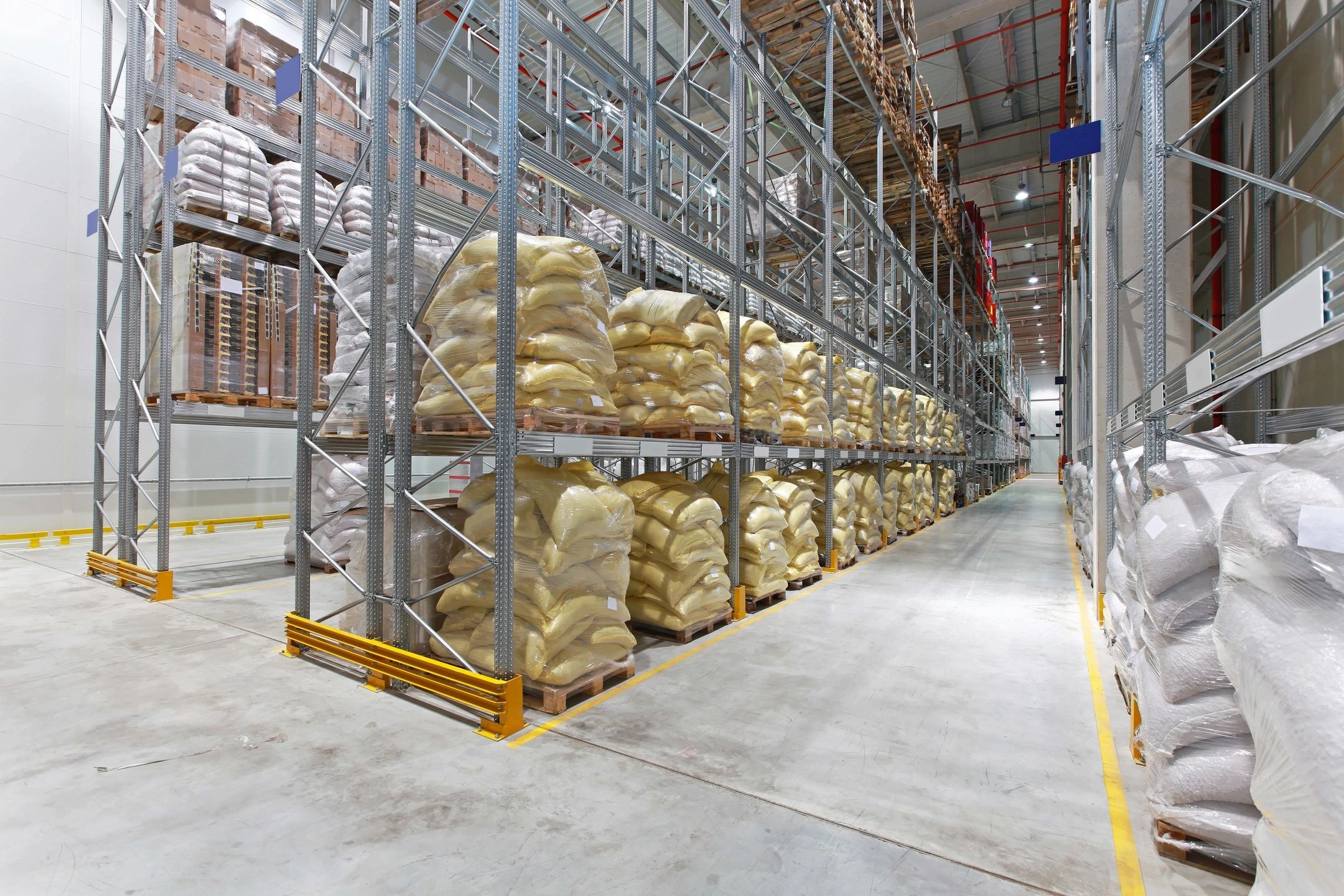Food Bank Visits Surge by 50%
According to Food Banks Canada’s 2024 Poverty Report Cards released today, Canada has reached “a critical turning point” as the escalating cost of living and housing push more people below the poverty line.
The report highlights that nearly half of Canadians feel financially worse off than last year, and one in four are experiencing food insecurity. “Food Bank Canada’s 2024 Report Cards show that people in Canada, from coast to coast, are struggling to keep up with the rising cost of living,” said Food Banks Canada chief executive Kirstin Beardsley.
The latest data reveals that one in 10 Canadians now live in poverty, a significant increase from just a few years ago. Between 2015 and 2020, Canada saw a dramatic decline in poverty, with rates dropping from over 14 percent to 6.4 percent. However, poverty rates began to rise again in 2022 as the economy faced multiple challenges. Rising interest rates, intended to curb inflation, disproportionately impacted lower-income households. Rapid population growth strained social services, and soaring rents increased the proportion of income households needed to spend on housing.
From February to April of this year, 25 percent of people aged 18 to 24 turned to food charities due to financial constraints.
The report outlines several policy recommendations to alleviate poverty, including rent controls, youth employment programs, and increased social assistance. However, Food Banks Canada noted that governments have yet to meet these challenges adequately.
The report downgrades Canada from a D to a D-, indicating that more people are struggling with poverty and the cost of living in 2024 compared to 2023. The country also received failing grades for housing affordability, access to healthcare, and adequacy of government support.
Additionally, the study found that 47 percent of Canadians had difficulty navigating the tax system and were unaware of the tax benefits they were eligible for, while a quarter of Canadians reported struggling to access the social services they need.



